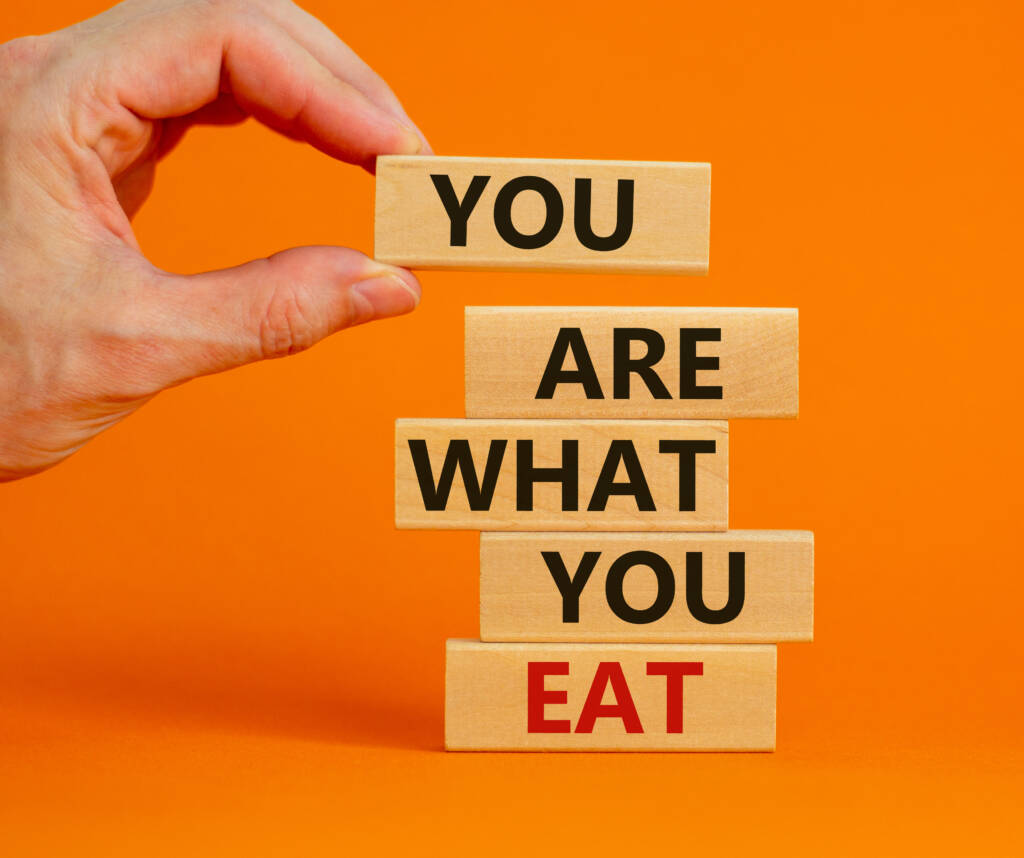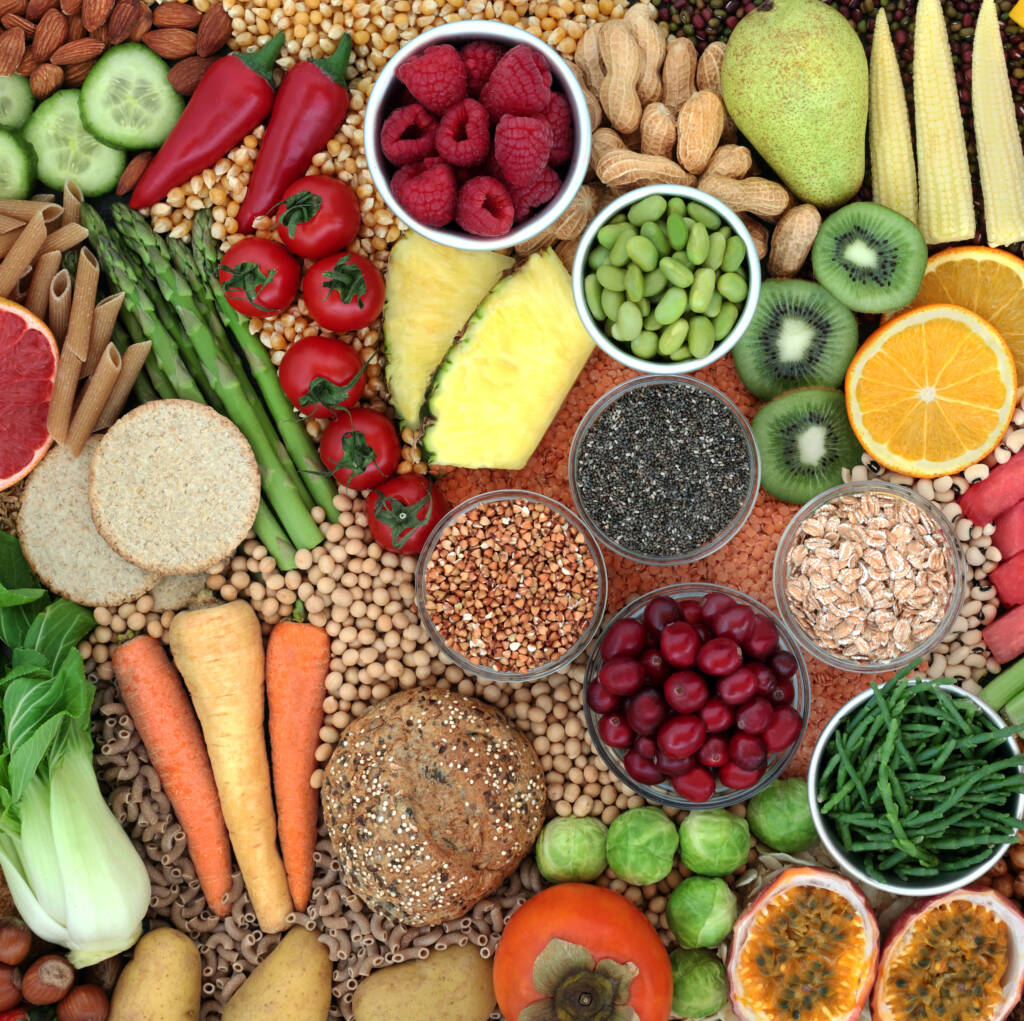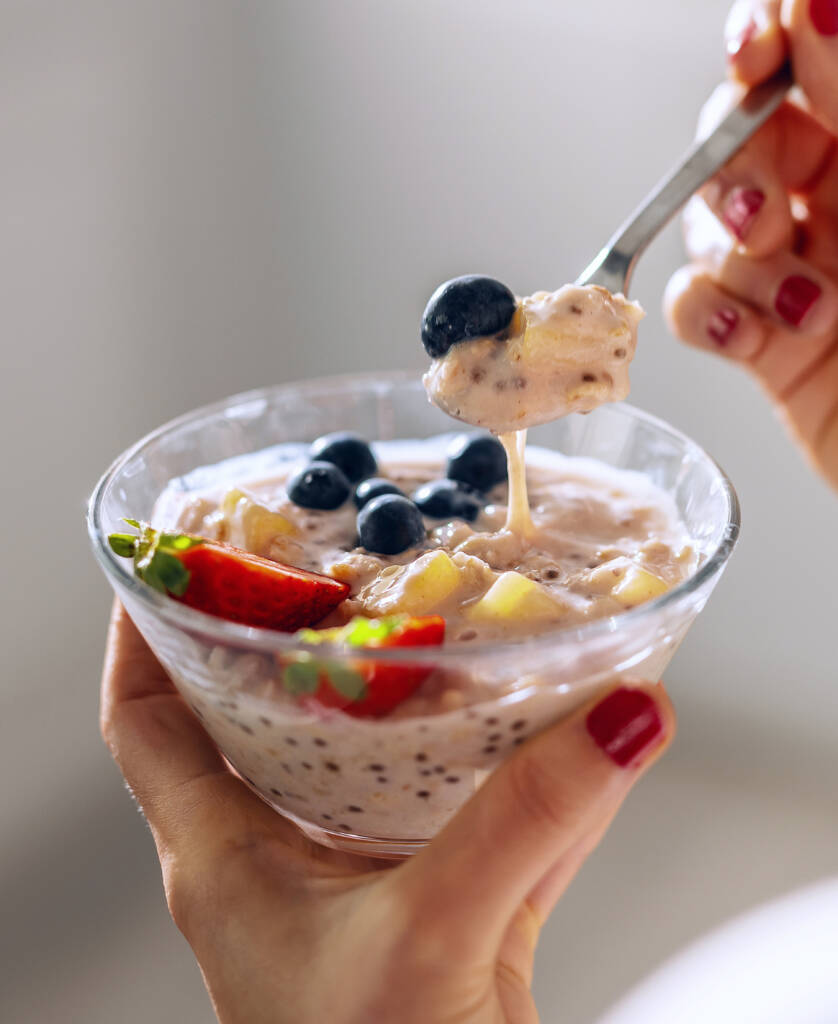Gut Feeling: How Our Microbiomes Shape Our Health
by Alexandra Liles, CHOP5 Wellness Blogger

The old adage “trust your gut,” is ringing true now more than ever. And for good reason! Our digestive tracts are home to upwards of 100 trillion microbes. That’s more teeny tiny living creatures living inside us than there are stars in our entire solar system! These microbes play an important role in our overall health; impacting digestion, nutrient absorption, brain health and immune function in various ways. In fact, over 70% of our immune system is housed in our gut and millions of our genes actually come from our microbiomes. The bacteria, fungi, viruses and protozoa that all make up the diverse microscopic ecosystem of our guts, what we refer to as our microbiome, work in unison to keep our bodies healthy and our digestive and immune systems functioning properly.
But how do our microbes do it? In short, the more diverse our microbiome, the better equipped our guts will be to fend off “bad bugs,” like pathogens and viruses that make us sick and cause disease. When our microbiomes are healthy and we have a good ratio of good gut bacteria, our bodies naturally produce short chain fatty acids that create a healthy intestinal barrier. This barrier prevents pathogens (the “bad bugs”) from leaking into our bodies via our digestive tract and causing inflammation all over our bodies. If/when this inflammation does occur, our bodies respond by sending immune cells to help target what is perceived as an attack. Living in a state of chronic inflammation can lead to a whole host of long-term issues ranging from digestive issues, cardiovascular disease, cancer, diabetes, as well as mental health conditions like anxiety and depression.
All of us have a unique ecosystem of microbiota living in our guts, so there really can’t be a one-size fits all solution to dietary recommendations. There is no golden diet plan for optimal gut health. Studies have shown that the composition of our microbiomes is more unique than a fingerprint and even identical twins have been shown to have very different microbiomes and hence varying health outcomes depending on how they care for their gut health.
The best way to ensure we are strengthening our first line of defense against sickness and disease is to nurture the microbes in our guts that do the work of creating the protective barrier in our intestines and make up our immune system. While these microbes may seem elusive and difficult to understand, their cravings are quite straightforward. It truly comes down to three things: fiber, prebiotics and probiotics.
- Fibrous Foods – Eating a diverse array of fibrous foods ensures we are feeding a diverse range of microorganisms in our guts. In his book, Fiber Fueled, Dr. Bulsiewicz, a gastroenterologist and gut health guru, explains “the single greatest predictor of a healthy gut microbiome is the diversity of plants in one’s diet.” We know that dietary fiber is fermented in our guts as we digest it and our microbes break it down for us. This process is what results in the short-chain fatty acids so critical for our intestinal and immune system health. Dietary fiber is found in any and all plants– from whole-grains to fruits and vegetables– and is non-existent in food products derived from animals, such as meat or dairy. There is certainly truth to the saying, “an apple a day keeps the doctor away!”

2. Prebiotic Foods are certain fibrous foods that also help jumpstart the growth of “good bugs” in our guts. These foods help kickstart our microbiomes into better balance overall and eating them regularly can result in better blood sugar control, reduced cancer risk, improved intestinal absorption of calcium, and overall better immune system functionality over time. Some examples of these foods include bananas, garlic, onions, soybeans and asparagus.

3. Probiotic foods contain live microorganisms (good bugs) that can survive the trek down to our guts through our digestive tracts. Fermented foods, such as sauerkraut, tempeh, yogurt and kimchi all contain natural probiotics that will help fortify our microbiomes if eaten regularly.

It’s not just what we eat but how we eat that matters for gut health, too. Stress is a gut health killer. Increased levels of the stress hormone, cortisol, can put our good microbes out of whack and put our microbiomes into a state of dysregulation. This has implications on our mental health as well as our physical health, since our microbiomes have a direct line to our brain. Our guts produce up to 50 different hormone genes, making it the largest endocrine organ in our bodies, so reducing stress and cortisol levels is essential. According to Dr. Bulsiewicz, 90 percent of serotonin and 50 percent of dopamine are produced in the gut. In Fiber Fueled, Dr. Bulsiewicz points out that “right this second, there are over five hundred million nerves in your intestines sending feedback to your brain through the vagus nerve. That’s five times more nerves than you’ll find in your spinal cord.” So yes, be mindful of eating enough fiber, pre and probiotics, but in the name of keeping cortisol at bay, don’t stress about it! Have fun with your food; relax and enjoy meal-time and your gut will thank you.

